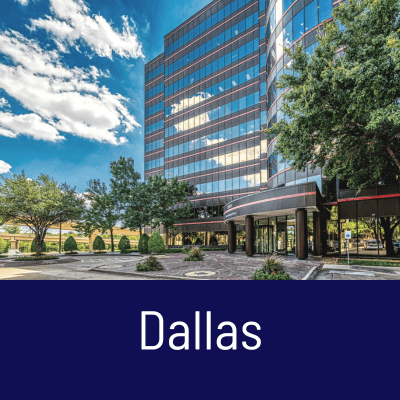Frequently Asked Questions About Office Leasing
Growing businesses need to rent an office space. Even with the increase in remote and hybrid work arrangements, it’s nearly impossible to effectively expand your impact, make strategic plans, and be productive every day without dedicated space.
Renting an office space makes it easier for people to delineate between home and work, as well as having room to host meetings, connect in working groups, and have focused desk time.
The move toward less traditional work has spurred innovation in how offices work, and new amenities are increasingly available to make work not just productive, but enjoyable for all.
When looking for an office space to lease, you’ll want to realistically plan your space. This means accounting for needed common areas (hallways, bathrooms, lobby, kitchen) as well as desk or workstation areas.
Trends in the calculation of square footage per person have varied, especially with the increase in interest around de-densification and social distancing. You will probably want to allow for at least 150 square feet per person, with between 200-400 square feet per executive or private office.
People aren’t as willing to travel for work as they used to be, which is drawing many business hubs out of metropolitan and downtown areas and close to the suburbs. Picking an office location situated near neighborhoods and residential areas gives people the chance to work without a lengthy commute. You’ll want to consider the general drive distance and “home base locations” of your core employees, and pick a range of spots for your potential office that works for as many people as possible.
Negotiations are part of most real estate transactions. When it comes to negotiating your commercial lease, you’ll need a well-established leasing agent to help you out.. After the initial lease is presented to you, you can then work with your agent to negotiate terms. Negotiations may be subject to certain legal guidelines for participating parties, and may go through a few cycles before a deal is finalized.
Tenant improvement allowance, or TIA, are funds provided by a building landlord to pay for improvements to a space. This allowance is usually priced based on the rental square feet of your office space. You may negotiate this amount with the landlord before you sign the lease.
Class A buildings are considered the highest quality but also set the highest rental prices. Class B buildings are considered mid-level quality, with good finishes but may be a little older. Class B buildings tend to carry lower rent prices than Class A buildings.
When looking for an office lease, you will want to evaluate the amenities included in the building. There can be any number of amenities, and creative options are regularly being added to the list. You may look for a building that has standard amenities, which would include kitchenettes, vending machines, tenant lounges , and conference rooms. Above-and-beyond amenities could be things like food carts, game or recreational rooms, gyms/fitness facilities, daily coffee service, and more.
A managed office space usually refers to an empty office that is operated by a third-party management company. Tenants define requirements and finishes, and usually commit to a 12-month lease term.
A serviced office space is more flexible, with additional amenities like reception staff, WiFi, and desks or workspaces that may be rented for shorter term periods.
An executive office suite is most commonly found in a serviced office and available as an enclosed — not shared or open — office option. It may be considered a temporary office, rented hourly, or a private office, rented by the week, month, or other term.
An office lease is typically priced per square foot. You will pay a different price depending on various factors in your lease, including the duration of the lease, how much space you are securing, what amenities are included, and what Class the building falls into. It’s important to assess both your needs and your budget as you work with a leasing agent to find the right office space for your business.
Have questions we didn’t cover here? Head to our main FAQ page for additional answers to frequently asked questions about office leasing and more.
Office Leasing Key Terms
Office Spaces for Lease in Houston, Dallas, and San Antonio
Silver Star Properties REIT, Inc. is a premiere provider, offering office leasing opportunities throughout Texas. Our White Glove Service is an unrivaled customer service experience, and our skilled leasing agents will walk with you every step of the way. Whether you are leasing your first office space, or looking to expand your growing business, we are ready to find the perfect office for you.
Watch Office Leasing Videos on YouTube
Watch more office leasing virtual tours. View Silver Star Properties on YouTube.


